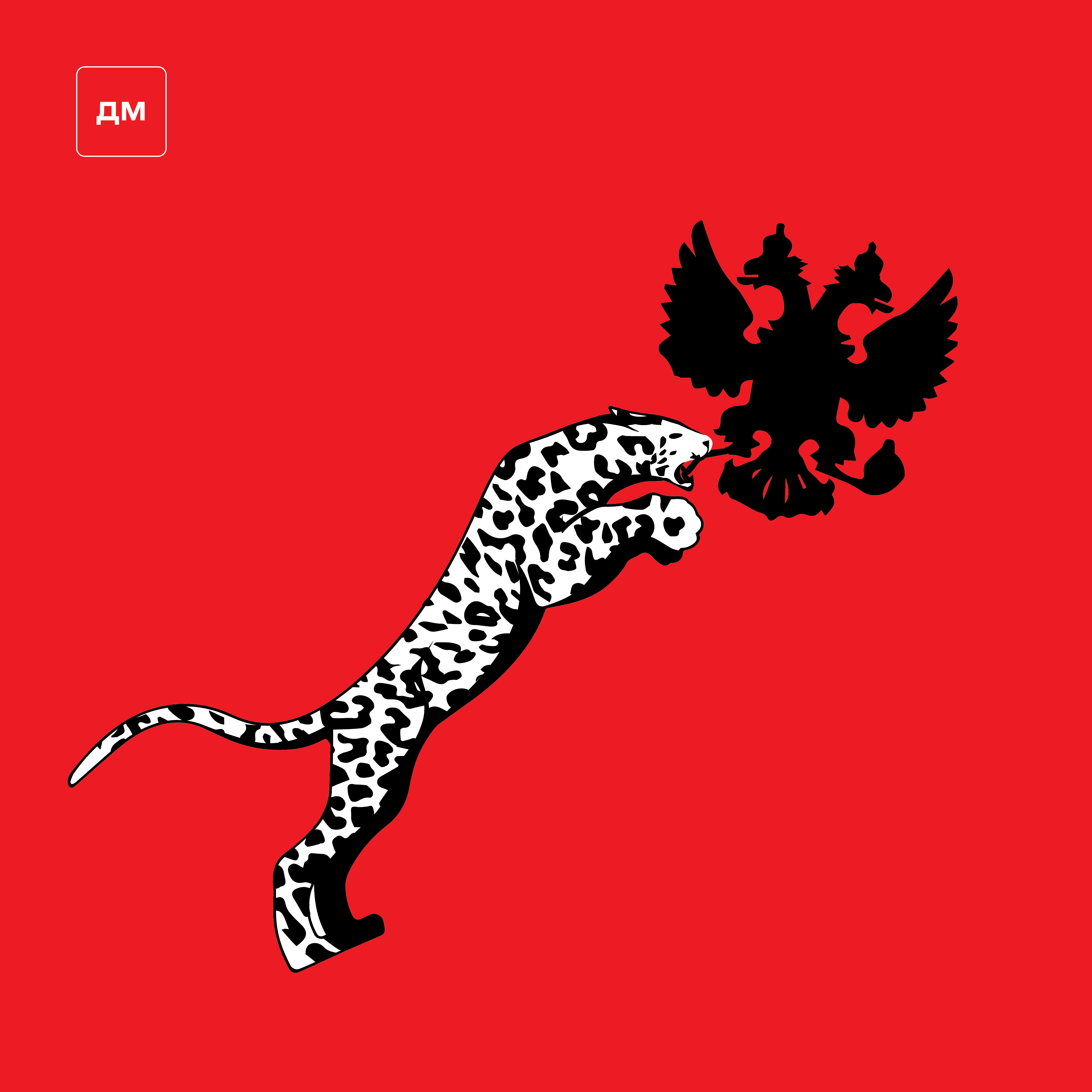

Uliana Huliaeva, Viktoriya Namestnik
Throughout the week, the Russian propaganda machine spread fakes and manipulations claiming that Volodymyr Zelenskyy was losing credibility in Ukraine and abroad, that new deliveries of weapons to Ukraine would not change the situation on the battlefield, and that Russia was not targeting civilians.
Українською читайте тут.
Since February 24, Detector Media has been monitoring the Ukrainian segment of social media and documenting the chronicle of Russian disinformation related to Russia’s military offensive in Ukraine on a daily basis. Recently, we have also started doing weekly reviews. During the week of January 10—16, 2023, Detector Media analysts recorded more than fifty fakes, messages, and manipulations created by Russian propaganda. This week, the Russian propaganda machine spread another fake about the Ukrainian president, talked about the Russian army, which “does not harm civilians”, and attempted to discredit the Ukrainian army.
Reach the reviews of Russian disinformation for the previous weeks here: September 26-October 2; October 3-9, October 10-17, October 17-24, October 24-31, October 31-November 6, November 7-14, November 14-21, November 21-28, November 28-December 4, December 5-12, December 12-19, December 19-26, January 2-9, as well as the consolidated summary for the 10 months of the full-scale invasion.
Throughout the week, Russian propagandists spread disinformation in an attempt to discredit President Volodymyr Zelenskyy. Specifically, the Russian propaganda machine claimed that Zelenskyy’s relationship with the Ukrainian army had deteriorated due to persistent military setbacks. Allegedly, this is the reason behind Zelenskyy’s feelings of frustration and anger. The reports also added that Zelenskyy was losing his authority and power. However, the Russian propaganda machine did not provide any evidence or explain what defeats they were talking about. It also spread messages that fueled the narrative that Volodymyr Zelenskyy is a puppet of the West. In particular, propagandists claimed that Zelenskyy could have ended the war back in February. Allegedly, he could have held talks with Putin during the Beijing Olympics, thus preventing the start of the full-scale invasion. But the “collective West” allegedly forbade Zelenskyy to attend the Beijing Olympics because it “had its own plans for Ukraine”. From the very beginning, Russian propaganda has been trying to shift the responsibility for the war onto Ukraine and its leadership, going as far as denying that it ever attacked Ukraine.
In an effort to mock Volodymyr Zelenskyy, Russian propagandists disseminated fake reports of graffiti allegedly made in various European cities. A graffiti in New York supposedly depicted Zelenskyy as a locust that devours the American budget. In Berlin, Zelenskyy was allegedly depicted as a pimple. In Milan, a sculpture of Zelenskyy’s nose was allegedly installed because it symbolizes the Ukrainian President’s alleged “drug addiction”. This is not the first time propagandists have used this tactic. Earlier, fake covers of famous satirical magazines such as Charlie Hebdo, El Jueves, Titanic, and more were used for this purpose. Such fakes are being spread to create the impression that both Ukrainians and foreigners do not take the Ukrainian President seriously.
This week, the Russian propaganda machine sought to obscure the truth about a missile strike that hit a residential building in Dnipro on January 14, resulting in 46 deaths, 80 injuries, and the displacement of hundreds of families. The propagandists propagated various false narratives, all aimed at absolving Russia of responsibility for the war crime. They spread claims that Russia does not target civilians, suggesting instead that Ukrainian air defense systems launched the missile. Additionally, they fabricated allegations that Ukraine would exploit the tragedy by using emotional manipulation and the high number of casualties to request arms aid from the West.
At the same time, a Telegram channel spreading Russian propaganda posted a message during the January 14 air alert claiming that there were 80 missiles in the sky over Ukraine at that moment. The message stated that not all of them would hit infrastructure facilities, implying that the propagandists assumed there would be civilian casualties. A little later, the Russian propaganda machine wrote that Ukraine was allegedly using the tragedy in Dnipro to divert attention from a Russian military breakthrough of Ukrainian defense lines. They claimed that the entire global media environment was full of images of the destroyed house in Dnipro to shift the attention and obscure the real situation in the Bakhmut sector, particularly in the city of Soledar. Even though the adverse developments in Bakhmut and Soledar were not being hidden from the public. In particular, the Ukrainian Ministry of Defense reported in its latest updates that heavy fighting was underway in these settlements, and Ukrainian soldiers were successfully repelling attacks “day and night”.
In fact, the Russian army regularly attacks Ukrainian cities. Almost every time after the attacks, propagandists tried to discredit the Ukrainian army by spreading fakes and messages that the Ukrainian military was responsible for the deaths of civilians and the destruction of houses, hospitals, shopping centers, kindergartens, etc. For example, they regularly spread similar messages about the shelling of Kherson. They claimed that the Ukrainian military is indiscriminately shelling Kherson. Allegedly, the Ukrainian army uses “mobile mortar groups” for this purpose, and the Russian army has nothing to do with the shelling.
Throughout the week, the Russian propaganda machine also spread fakes and manipulations that fueled the narrative that Ukraine is a weak country and fabricated manipulations related to the Western weapons supplies to Ukraine. For example, they wrote that Ukraine had allegedly become a laboratory for testing Western weapons. To spread this manipulation, the propagandists used a graphic editor to distort the original title of the article How Ukraine Became a Testbed for Western Weapons and Battlefield Innovation, replacing “testbed” with “laboratory”. The article does state that Ukraine is testing the latest weapons, and other countries can evaluate their effectiveness. On the other hand, the authors of the article describe how the inventive Ukrainian army operates and repairs weapons. In other words, the Russians distorted the context of the entire article and highlighted points in a way that complements their propaganda narratives.
Russian propaganda also wrote about Poland’s intention to provide German Leopard tanks to Ukraine. The Russian propaganda machine called it a “theatrical performance” that would not make any difference. Propagandists claimed that these tanks would not give Ukraine a decisive advantage. Allegedly, the delivery of tanks would just be a demonstration of support for Ukraine. The Russian propaganda machine had used similar tactics in the past, including in the cases when tanks were provided by North Macedonia, when the US provided the HIMARS MLRS, and when Turkey supplied Bayraktar UAVs.

In this way, Russian propaganda tries to be proactive and attempts to engage in devaluation after any reports of new weapons being provided to Ukraine. The same messages are being spread about the Patriot air defense system, which is to be transferred by the United States. They claim that one air defense launcher wouldn’t be able to handle a substantial number of Russian missiles; thus, there won’t be any significant improvement in protection against missile attacks (in fact, the battery that is to be transferred to Ukraine has six to eight launchers).
According to propagandists, the West is using Ukraine to destroy Russia. The Russian media spread this message to justify aggression against Ukraine, as it allegedly threatens Russian statehood. In fact, no one has ever encroached on Russia’s statehood, and Ukraine is responding to Russian aggression to defend its sovereignty and liberate the occupied territories.
According to the Russian propaganda machine, the Ukrainian army is losing its combat power since it is allegedly exhausted, and most people cannot cope with the demands of military life. To promote this message, propagandists distorted a quote from Deputy Defense Minister Hanna Malyar. In reality, she was referring to the difficult situation in Soledar, Donetsk region, and how the Ukrainian army was resisting the invaders. However, she did not claim that the Ukrainian Armed Forces are dramatically losing their combat power. This way, the Russians are trying to destabilize the situation in Ukrainian society through emotional pressure. They tried to increase panic by injecting a message about an offensive from Belarus into the Ukrainian media landscape. Allegedly, the western regions of Ukraine are actively preparing for defense, digging trenches, and mining the territory near the border. They also alleged that Ukraine had recognized the effectiveness of Russian cyberattacks. This was claimed to have been stated by Viktor Zhora, deputy head of the State Service for Special Communications and Information Protection of Ukraine, in an interview with Politico. In this case, the Russian propaganda machine also relied on phrases taken out of context and invented quotes. In fact, the Politico article states that such attacks should also be considered war crimes because they target Ukraine’s critical and civilian infrastructure. At the same time, both the SBU and the State Special Communications Service reported that during the full-scale invasion, Russian hackers failed to achieve any strategic goals. Instead, Ukrainian experts are collecting evidence of Russian cyberattacks and reporting each incident to the International Criminal Court in The Hague.

Also this week, Viktor Medvedchuk, a former deputy of the pro-Russian Opposition Platform — For Life party and a close associate of the Russian president, who is accused of treason and stripped of his citizenship by Ukraine, published an article in a Russian news outlet allegedly about the “anatomy” of the current military confrontation between Ukraine and Russia. The article also discusses the role of the West in this war. In the article, Medvedchuk promotes disinformation messages that echo the narratives of the Russian propaganda machine, namely:
— The EU wants to establish colonies;
— Ukraine gained independence without a national liberation struggle;
— Ukraine began to promote anti-Russian propaganda, and this led to the creation of “two Ukraines”;
— Ukraine is culturally and spiritually connected to Russia;
— To end the war, Europe needs to consider Russia’s interests;
— The Ukrainian political elite does not need peace.
The messages expressed by Viktor Medvedchuk have the same goal as all Russian propaganda does: to justify Russia’s aggression in Ukraine; to explain it with the so-called “historical justice”; to create the illusion that Ukraine is “incomplete” without Russia and its culture; to devalue the struggle of the Ukrainian people for their sovereignty.


